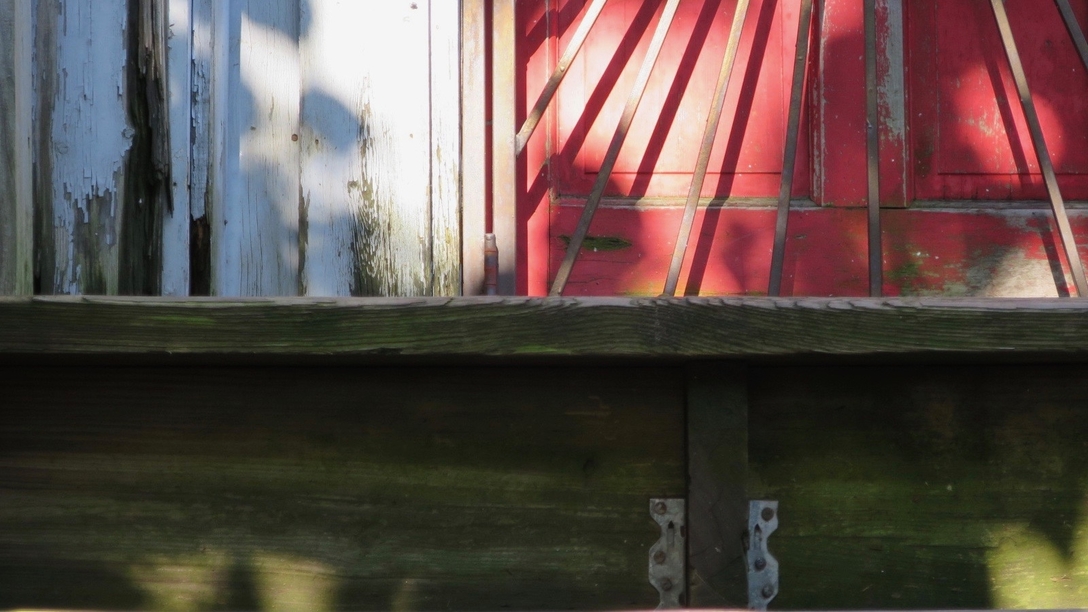I am a record collector, but the type of disc with which I am obsessed is not your run-of-the-mill piece of vinyl. It is the 78 rpm phonograph record, a disc made of slowly decaying organic materials, and the dominant medium of auricular permanence and commerce for roughly the first fifty years of the twentieth century.
When I was young, I discovered that these recordings needed no outside validation: just an attentive, appreciative listener. These old performances transformed me, and these discs formed an aperture through which I made sense—or perceived the senselessness—of the world. Living with this music, and only this music, for thirty-odd years resulted in an intimacy beyond reason.
Around thirty years ago, when I was fifteen, I found something. My grandmother had just died, and I was helping my grandfather clean up his farm situated deep in the Highlands of Alleghany, Virginia. The farmstead had once been so prosperous that sharecroppers worked there, living in tar-paper shacks that skirted the acreage around their house.
Only one of these shacks remained. My grandfather asked me to clean it out before he burned it to the ground. Air at this time of the year was thin and raspy. The only detectable moisture was the chestnut brown trickles of tobacco juice glistening at the corners of my grandfather’s mouth. One thin arm hefted a coffee can of kerosene while the other pointed at the shack.
The structure smelled like cancer, wrapped in peeling creosote paper and topped with a rusted tin roof. Using a crowbar, I pried open the door. In the center of the room—still wallpapered with printed reportage from the 1930s such as “BEARS IN RUSSIA DIG UP GRAVES FOR FOOD”—was a windup Victrola falling in on itself. There was a gaping hole in the galvanized roof above the phonograph. Decades of melting snow and dripping rain had reduced the machine to a swollen mess of wood and pot metal. Hornet’s nests clung to the ceiling.
Next to this decaying machine was a tightly lidded box. Dragging the box outside and twisting off the lid, I found it contained almost two dozen old 78s, none of which had been recorded after 1930. The records ranged from black sanctified music such as Blind Willie Johnson to hillbilly string band records by the Skillet Lickers to Cajun ballads by Joe and Cleoma Falcon.
Not twenty minutes later, my grandfather burned the shack to the ground.
Contained within this box was the primal matter out of which the American song body was formed. These ancient recordings, in turn, emerged from the alluvial matrix of our humanity. These were “holy grail” records—prewar blues, gospel and Cajun 78s that I would again encounter, much later. This box teemed with a dark energy that would inform my inner landscape for the rest of my life. And I realized with time that these recordings were dead ends. This music no longer existed. What persisted, though, what survived the ravages of time, were these discs. And so I collected these memorials to music that no longer existed. Or so I thought.

When you are in love with someone, you don’t keep it a secret. And the deeper the love, the greater the urgency to sing the praises of that whom you love, because you feel that you understand the person. But I have no one to love. Instead, I love this music, and I understand it.
It’s funny how things turn out. I never had a notion that I’d write a book. I thought I’d be content with immersing myself with the music, coming up for air only enough to write notes about what I had discovered among the relics of the past. Dusty fossils. That I would simply be a listener. Occasionally, I would tell a story to a friend, but then I heard this inquiry: “Have you ever considered writing a book about this music of northwestern Greece?” I took this not as a question but as an answer, a challenge.
What I discovered was that there was a section of 78s in my record room that was not a dead end; that through some combination of geography, collective memory and cultural esteem, there was a place where time had not ravaged music, a place that still nurtured curative music, a place where music was a tool for survival.
That is what Lament From Epirus is about.
(Adapted from Christopher C. King’s “Lament from Epirus: An Odyssey into Europe’s Oldest Surviving Folk Music,” W.W. Norton & Co. 2018 and “Inner Space” a podcast written and produced by Ramona Stout and Christopher King.)





